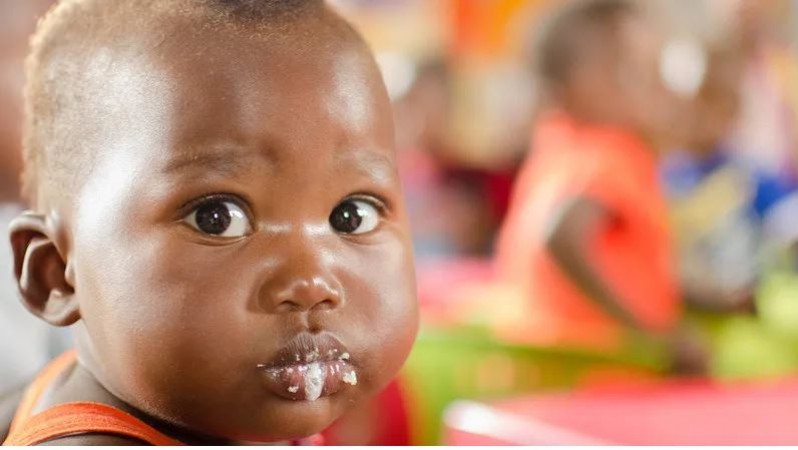
Helsinki: A recent study from the University of Helsinki found that the fungal microbiota in the stomach of children treated with antibiotics is more abundant and diverse than in the control group even six weeks after the antibiotic course began.
According to the findings, antibiotic therapy reduces the quantity of gut bacteria, which reduces competition for space and allows more room for fungi to flourish. The results of the research were reported in the Journal of Fungi.
"The findings of our study strongly suggest that bacteria in the gut govern and control the fungal microbiome. Fungi, particularly Candida, have an opportunity to multiply when bacteria are inhibited by antibiotics "Rebecka Ventin-Holmberg, a PhD student at the University of Helsinki, agrees.
The study's new major result was that changes in the fungal gut microbiota, together with the bacterial microbiota, may be part of the reason of antibiotics' long-term negative effects on human health.
Changes in the gut microbiota of infants throughout time. The most typically given medications for newborns are antibiotics. They alter the gut microbiome at its most critical stage of development. In comparison to adult alterations, these modifications have been proven to be more long-term. "Antibiotics can have negative effects on both the bacterial and fungal microbiota, resulting in antibiotic-associated diarrhoea, for example," adds Ventin-Holmberg.
Study finds Hybrid learning led to reduction in Covid spread
Parental type-1 diabetes may have impact on their children's cognitive development: Study
Green disinfectants based on plasma can help prevent spread of infections like COVID